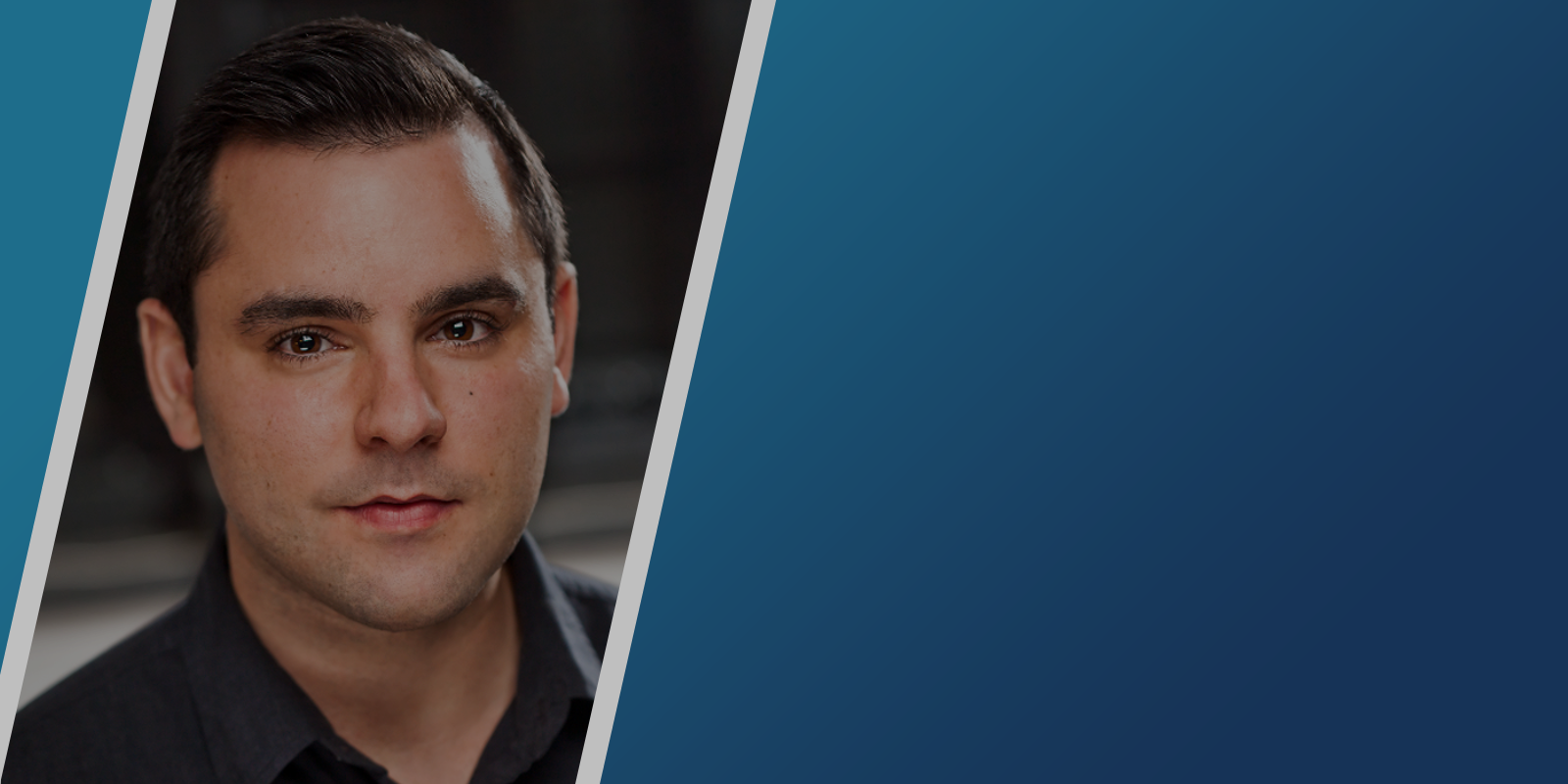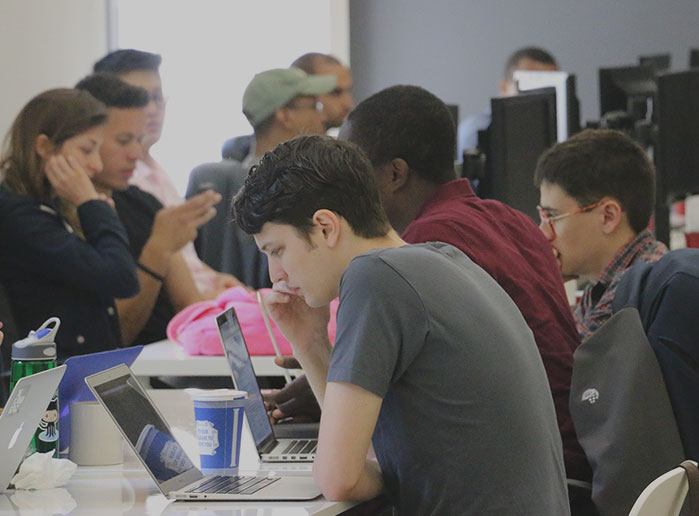Flatiron School’s co-founder and CEO Adam Enbar recently participated in a Quora Session, answering questions from the curious Quora community on entrepreneurship, innovations in higher education, and all things Flatiron School. Adam shared his candid thoughts on the future of the coding bootcamp industry as well as advice he’s picked up over a career that has taken him from Sales to Venture Capital to rethinking higher education with Flatiron School.
Below, we share a few topics Adam addressed.
How the coding bootcamp industry can avoid squandering its potential:
“My hope is that the government will demand more transparency and accountability from higher education and bootcamps alike, and continue to support innovative educational models that are clearly working for students. As an entrepreneur, I generally recoil at the idea of government intervention—but education is too important, and too susceptible to bad actors, to be left entirely to the free market. Students need to be protected.
But there’s a lot we can proactively do together as an industry. Last year, several bootcamps formed a trade association and sent a letter to President Obama committing to publishing standardized, audited outcomes. So far, Flatiron School is the only one to abide by these reporting standards. If the bootcamp industry is to gain the legitimacy it potentially deserves—delivering on its promise of helping more people gain in-demand job skills and economic mobility—more schools will need to follow suit. Only then will we begin to truly improve upon a broken higher ed system.”
Why rapid, franchise-style growth of a coding bootcamp should be a warning sign:
“It’s hard to maintain quality in this industry, especially if you grow or expand too quickly. Flatiron School has existed for over four years and we made a deliberate choice to not open more locations—and that’s a core reason for why we’ve been successful with our student outcomes. The reason this industry exists is that one-size-fits-all-education doesn’t work. But the schools that are growing the fastest are doing so by trying to create a single model with a single desired outcome—with a giant range of inputs, whether that’s different physical locations or different student backgrounds. It won’t work.”
Why startup founders should focus on people:
“I knew that to some degree before Flatiron—I always looked for strong founding teams as an investor. But I didn’t truly appreciate it until I started Flatiron School. All a startup is is a collection of people, and having the right people on your team, especially early on, is the single biggest determinant of success. The difference between an A player and a B player is not small—it’s massive.
Focus on people. Find the best. Invest in them. When you’re a startup, they’re likely the only real asset you have.”
How to start a new company or startup:
“Just start.
When Avi Flombaum and I started Flatiron School, we had no idea what we were doing. How does one start a school?
Well, we knew we needed desks. So we went to ikea. We also knew we needed students—so we put up a site and started blogging.
Inertia is a tremendous force—but it’s hard to get going. Think less. Do more.
P.S. Here’s some advice on starting a company after a coding bootcamp from Flatiron School alums, in case you’re interested.”
What’s next for Flatiron School:
“Coding for babies.
Just kidding.
From day one, our goal at Flatiron School has been to increase access to high-quality, outcomes-based education. And we realized that providing an outstanding education is not very meaningful if you can’t also make it accessible for more people, especially those who need it most. But we were very deliberate about starting small—iterating on our curriculum and pedagogy, measuring and communicating about our outcomes—rather than opening lots of locations and accepting more and more students.
Now we’re at a point where we know our approach to learning works—it delivers an incredible ROI and our graduates are super successful—so we want to bring it to more people. We want to create more upward mobility, while maintaining our high bar. And that’s going to take time to get right.
That’s why we’re continuing to invest in our technology and learning platform (where you can even try learning to code for free) and deliver the highest quality education to the most people possible.”
Be sure to read the full Quora Session for even more of Adam’s insights!
Written byJOSH HIRSHFELD
Content Marketing Manager, Flatiron School

